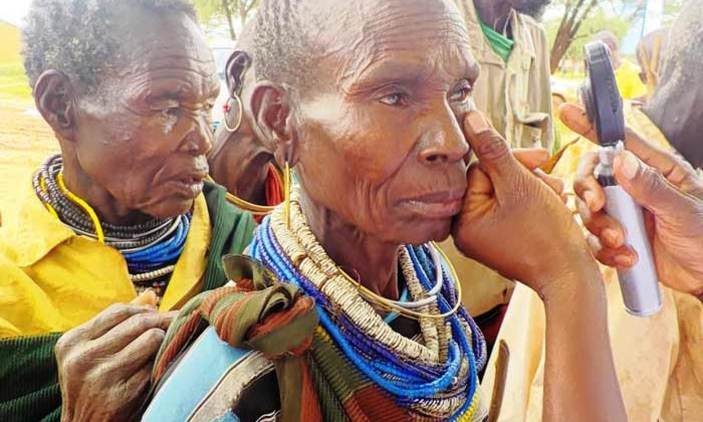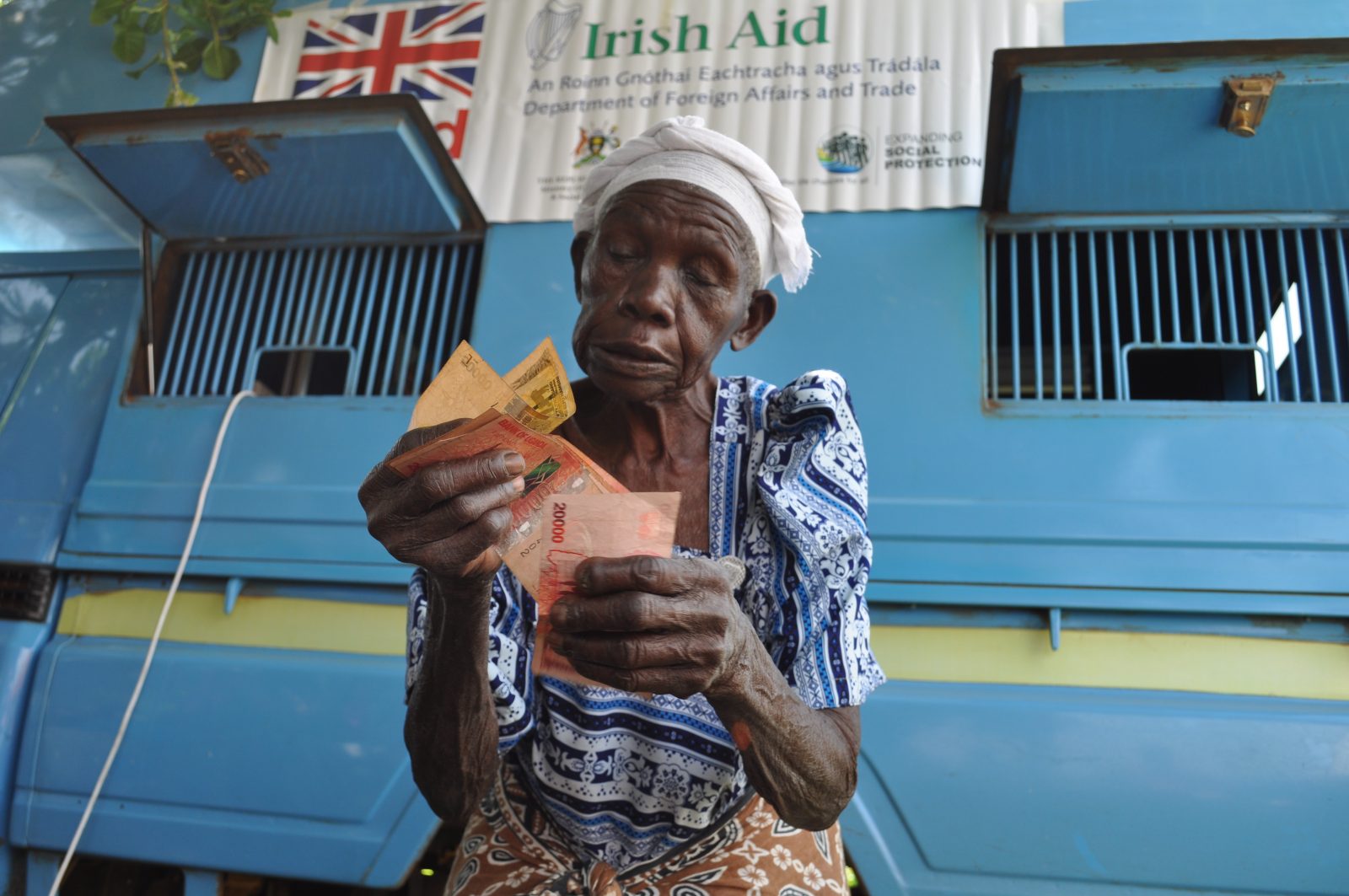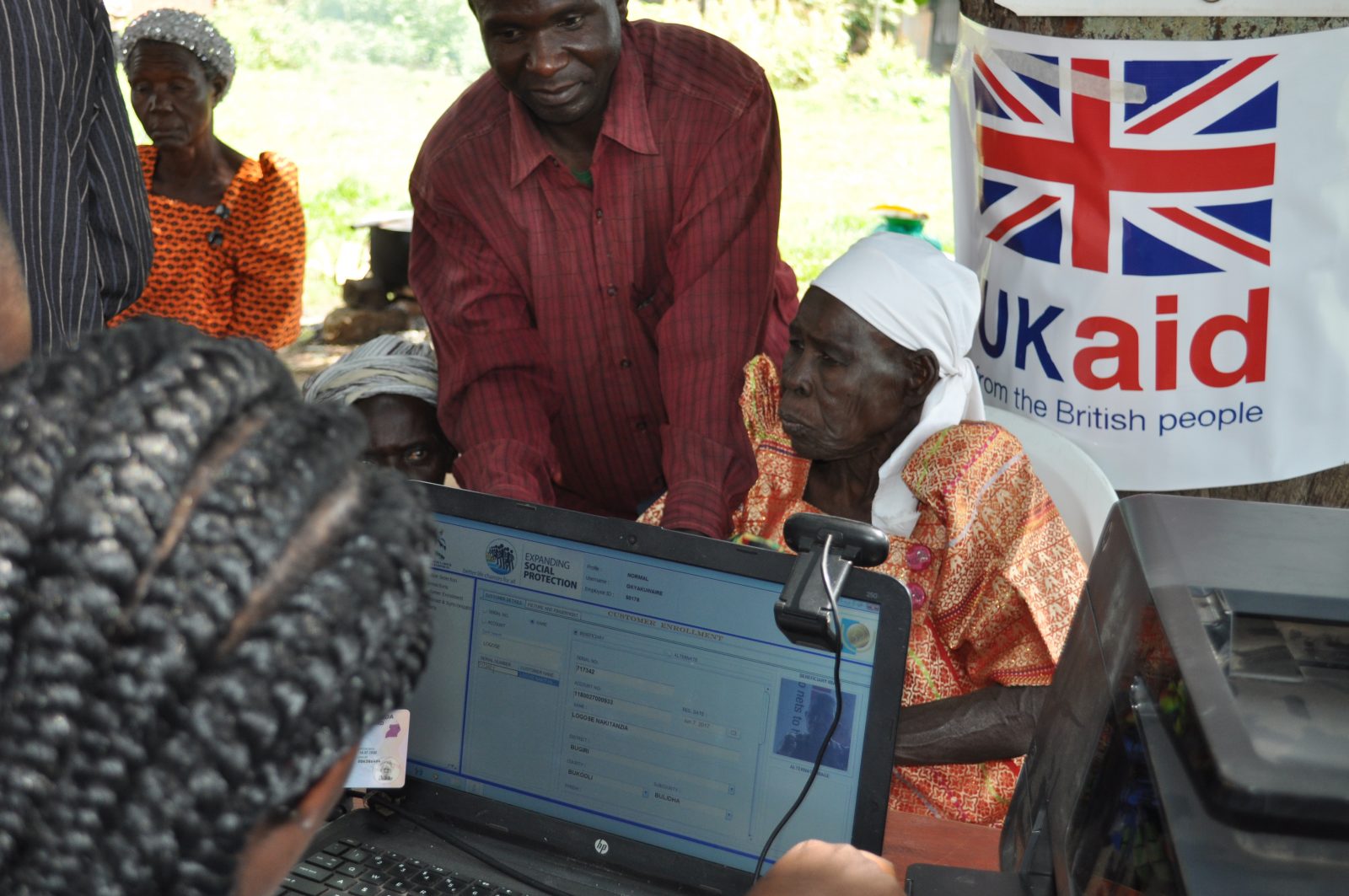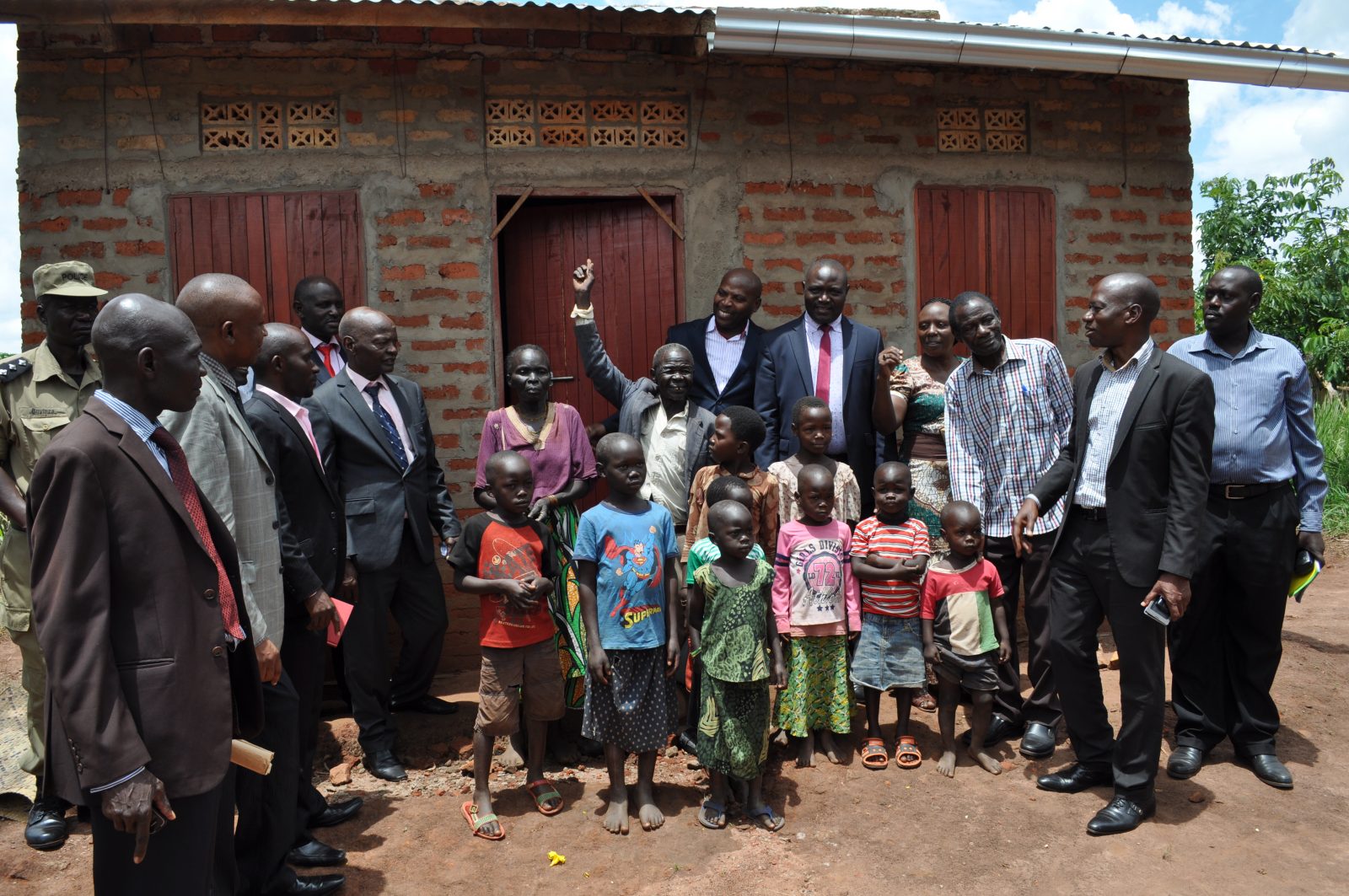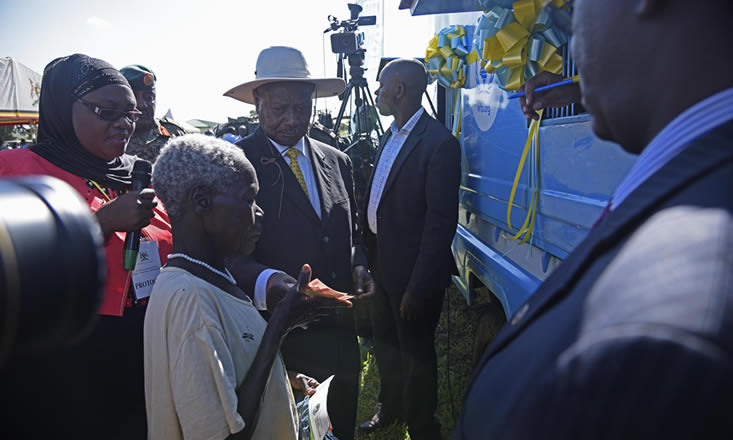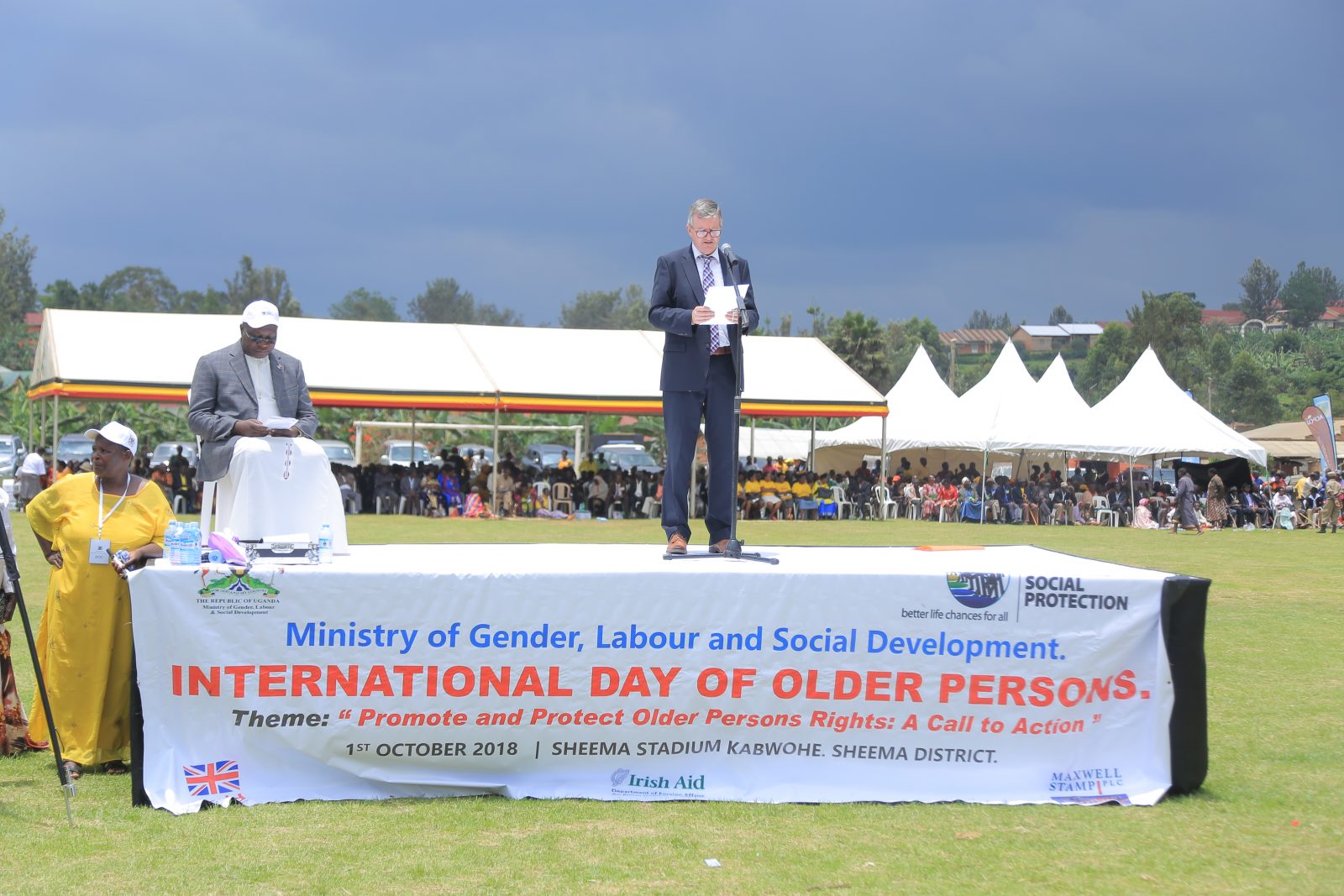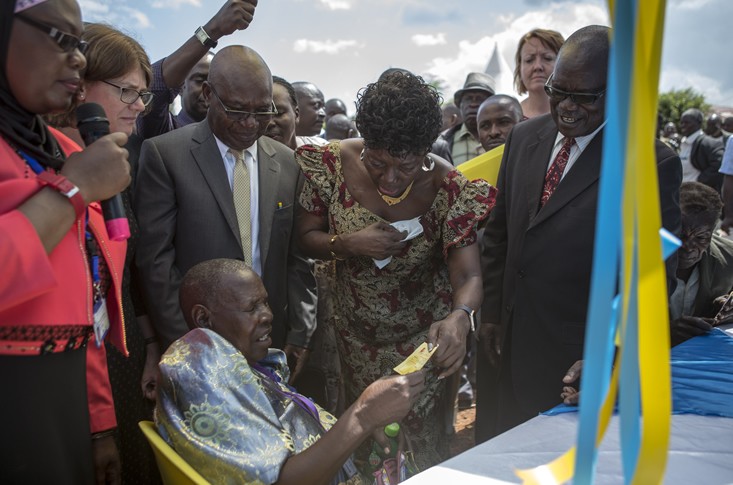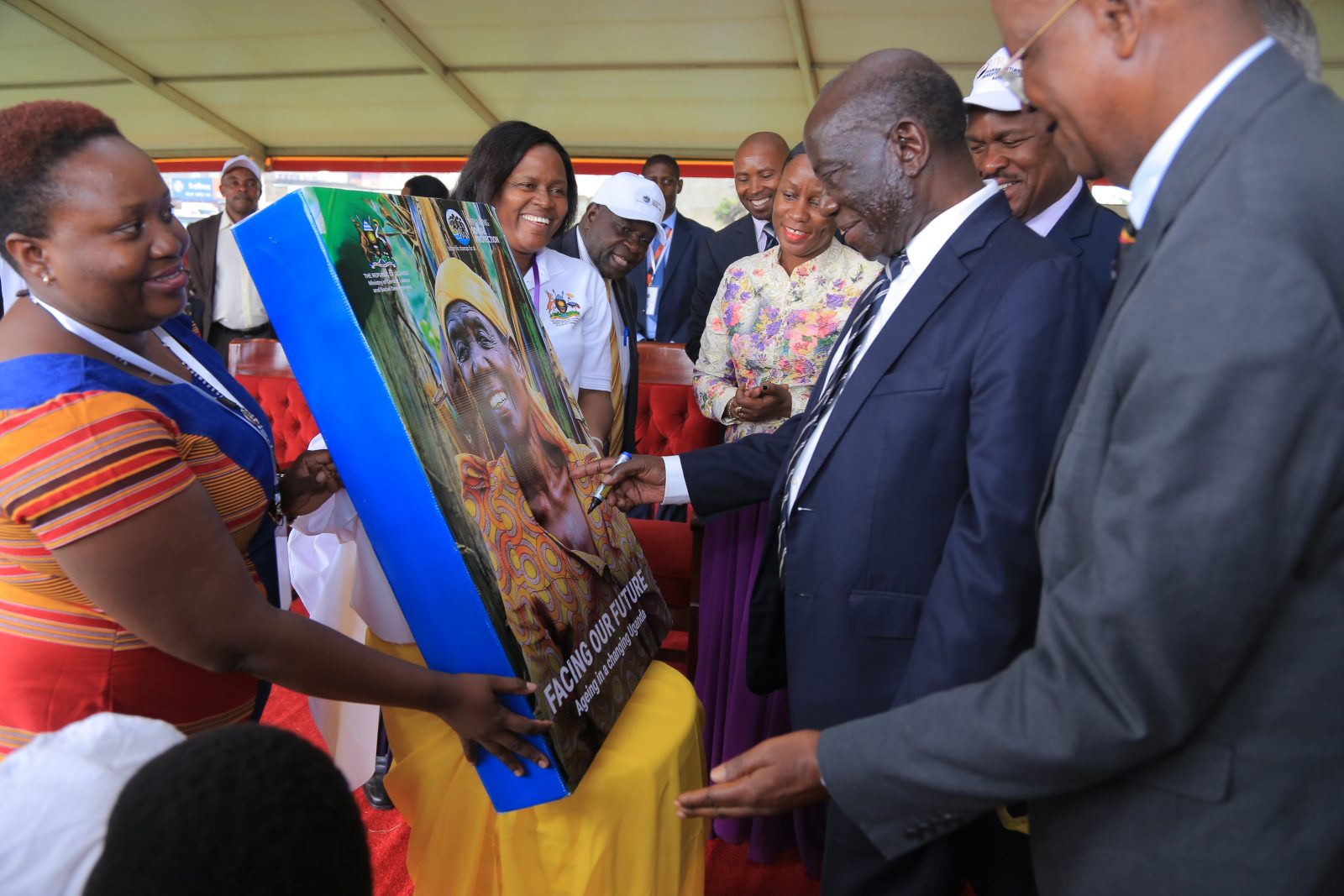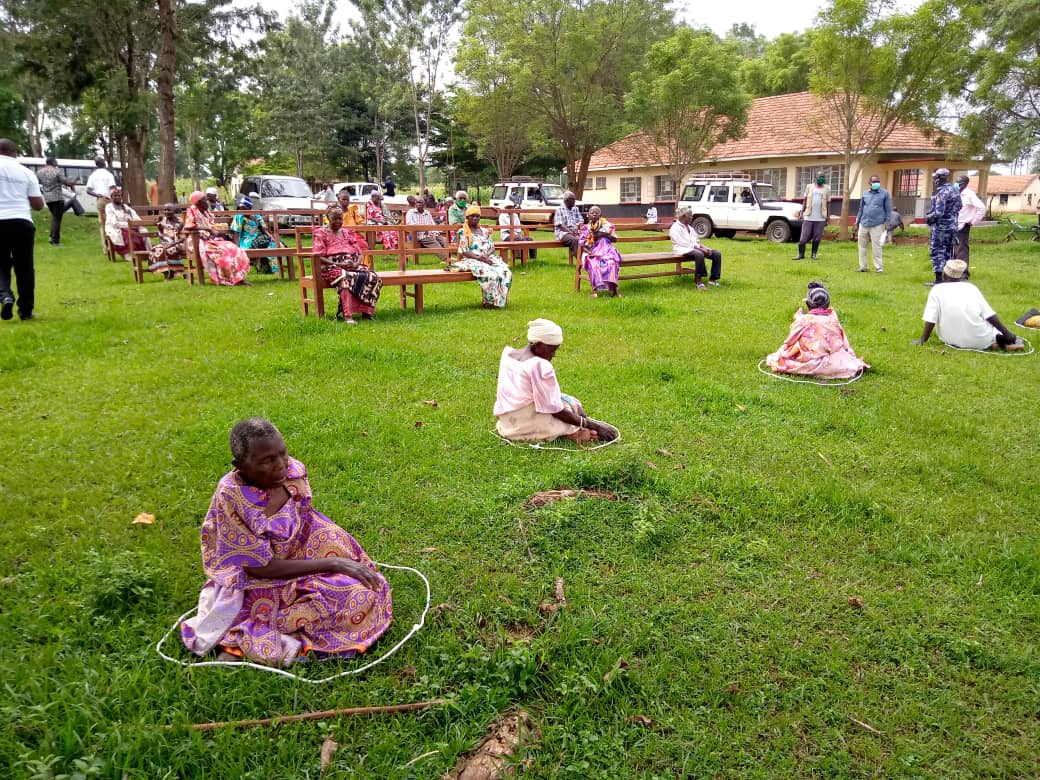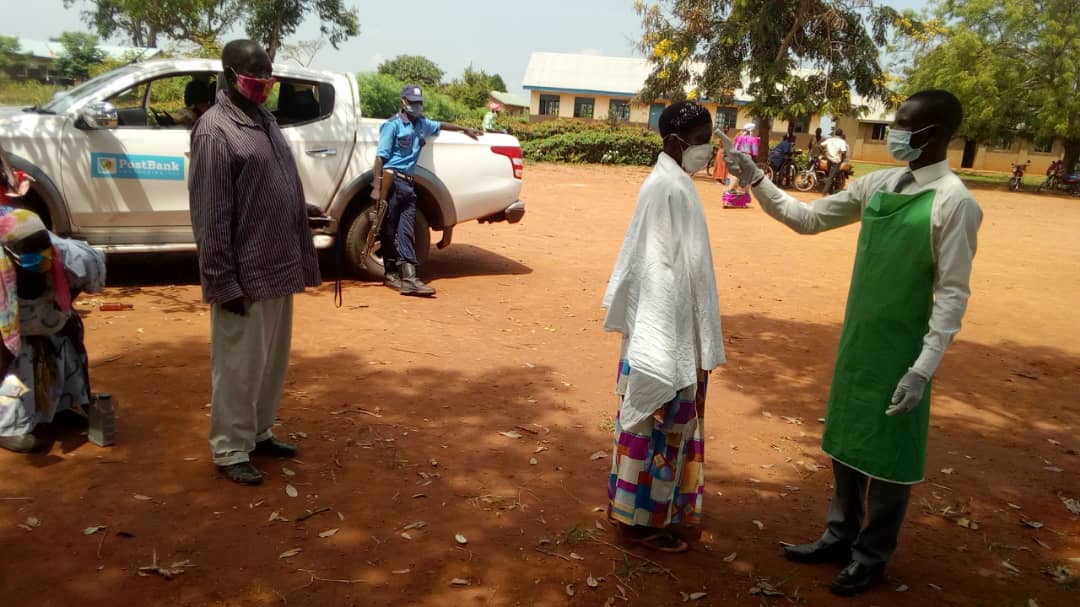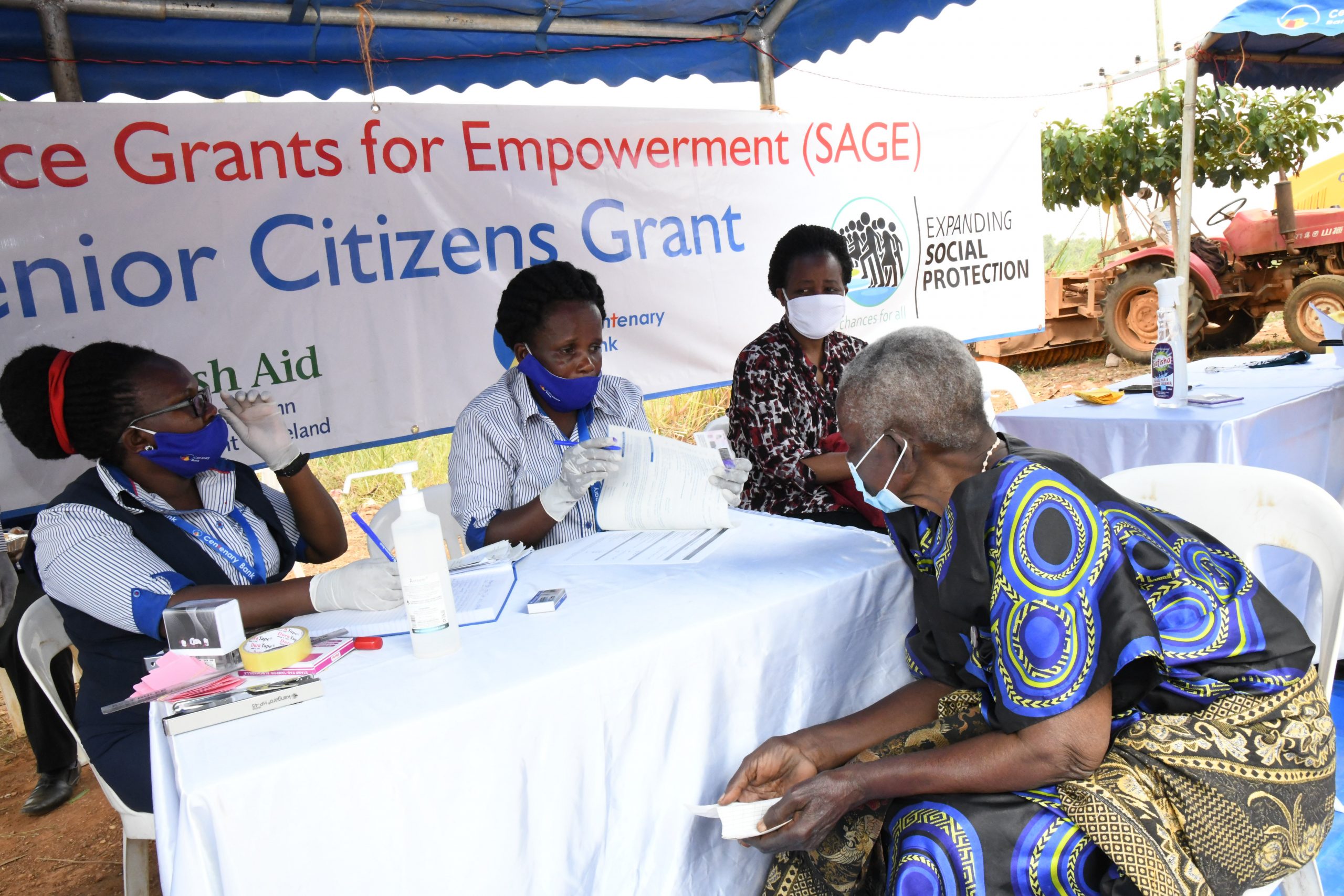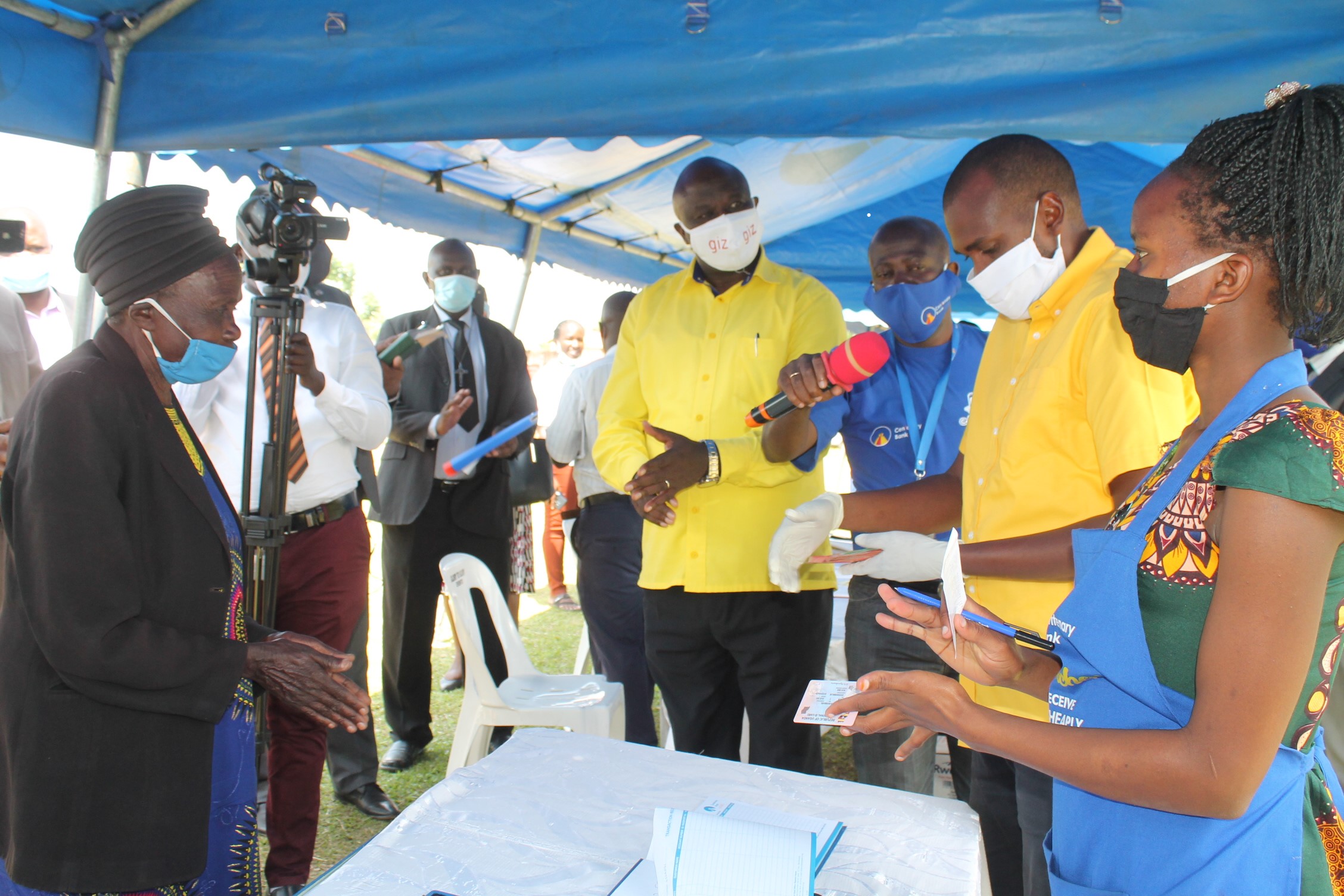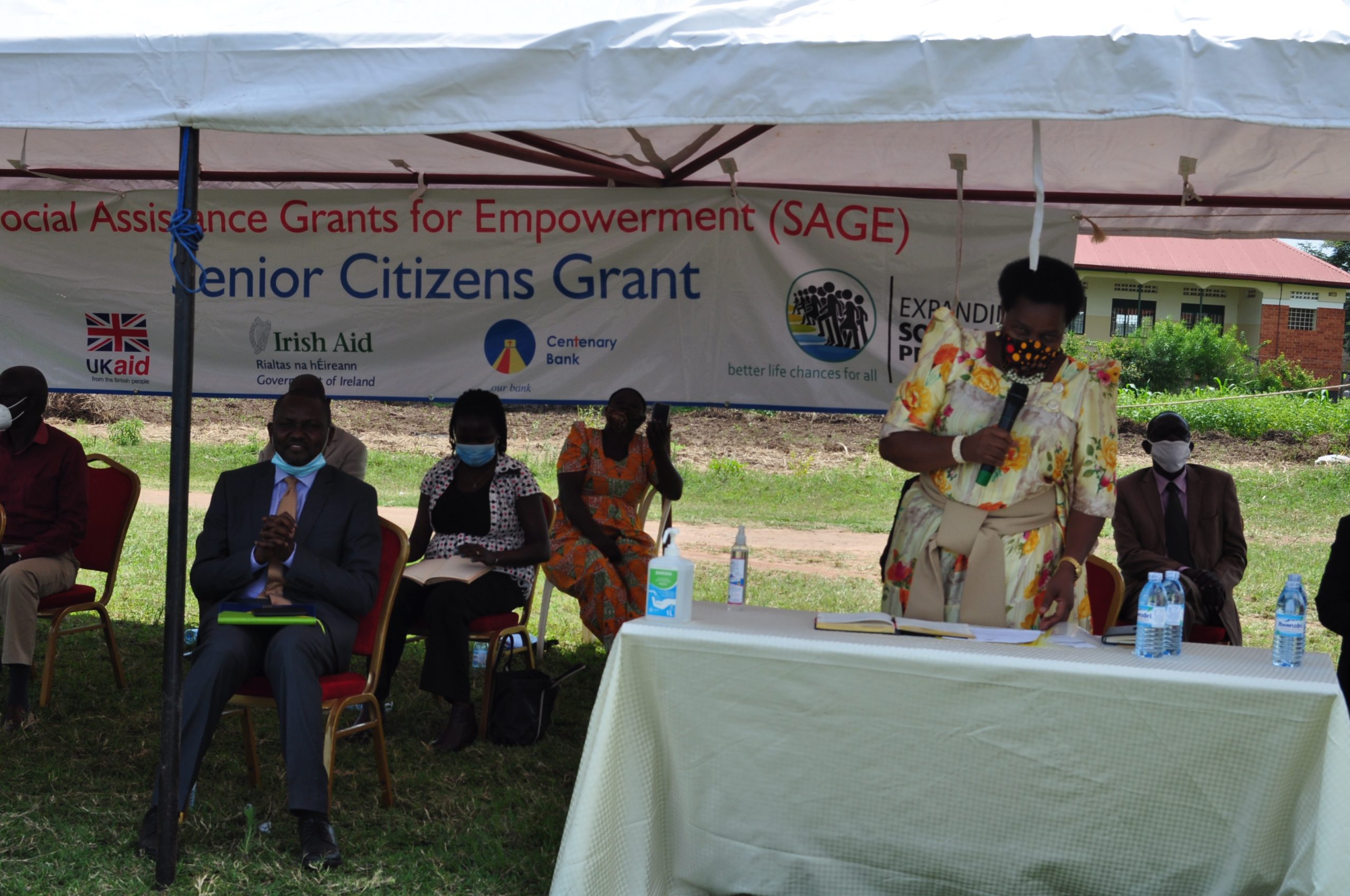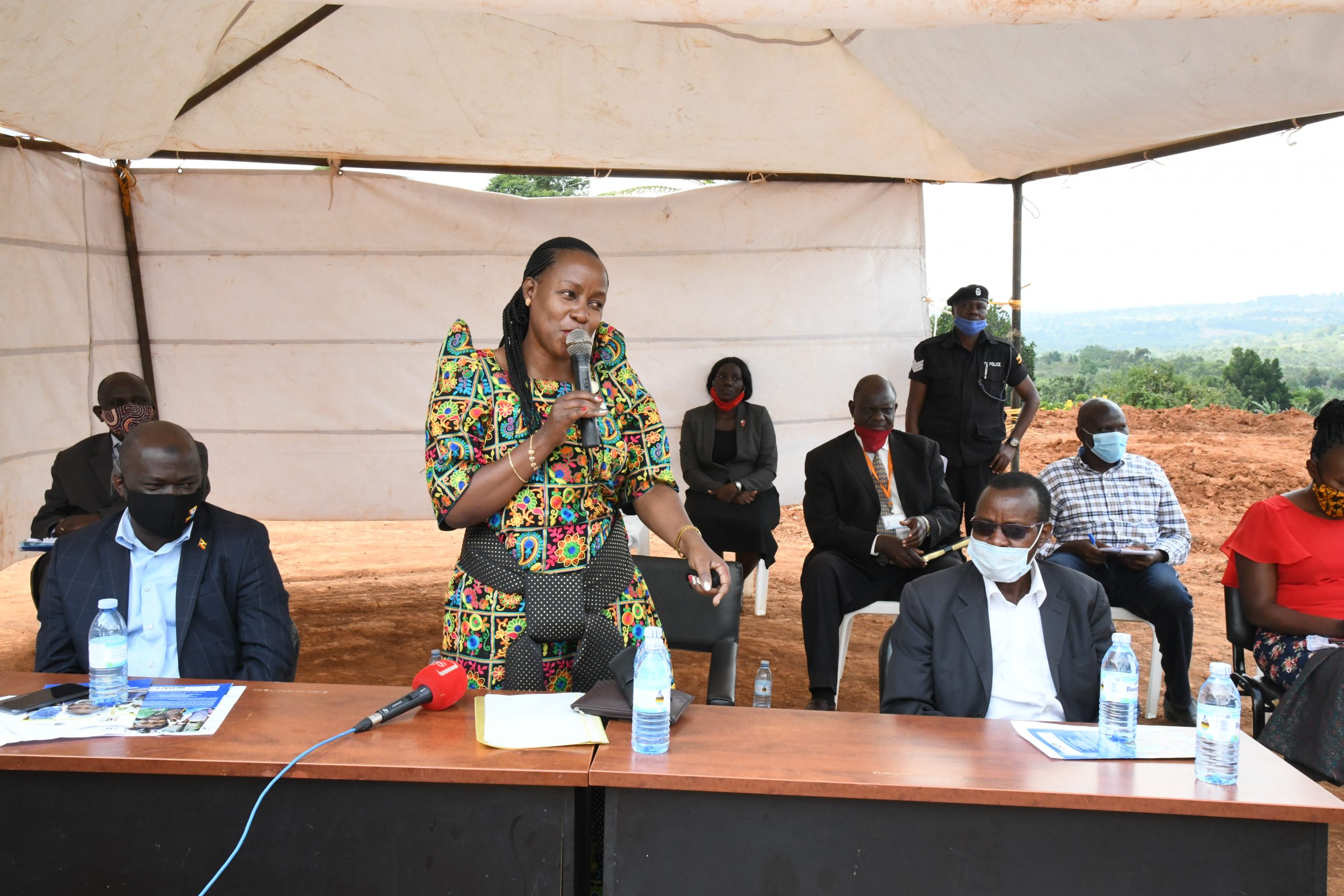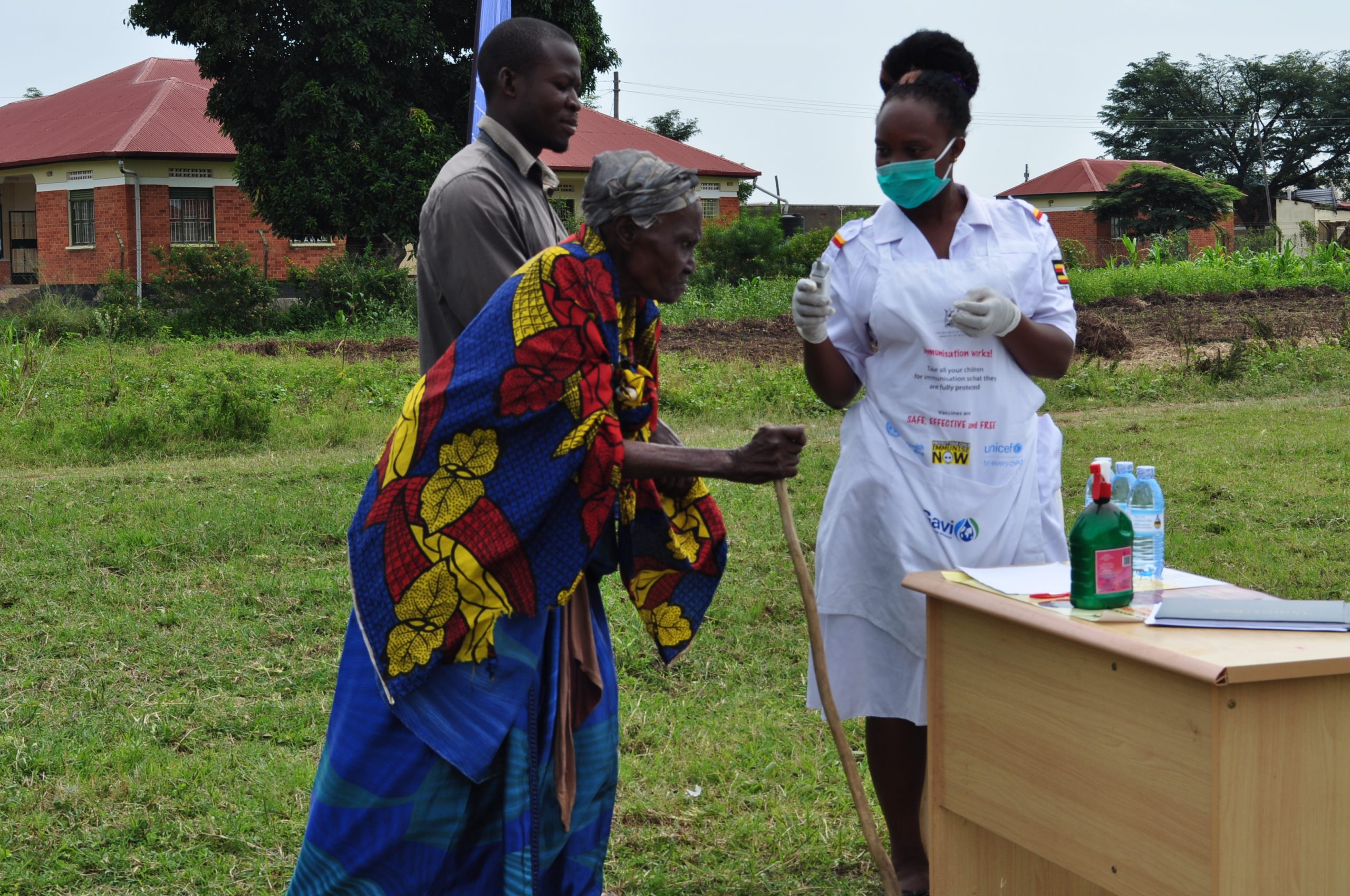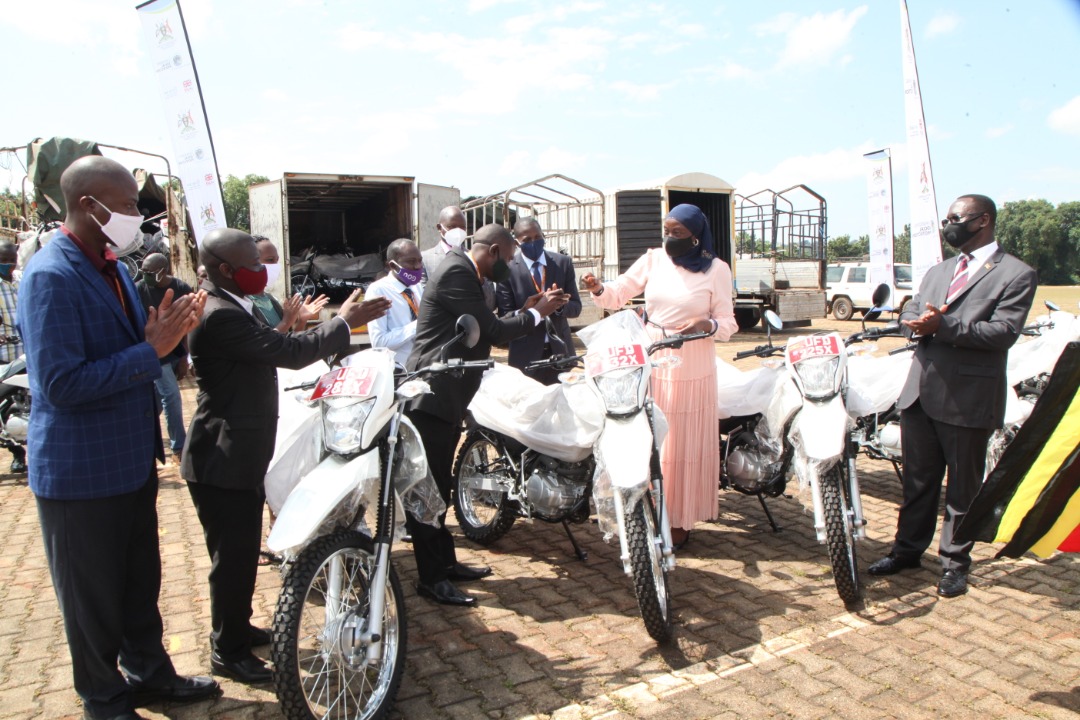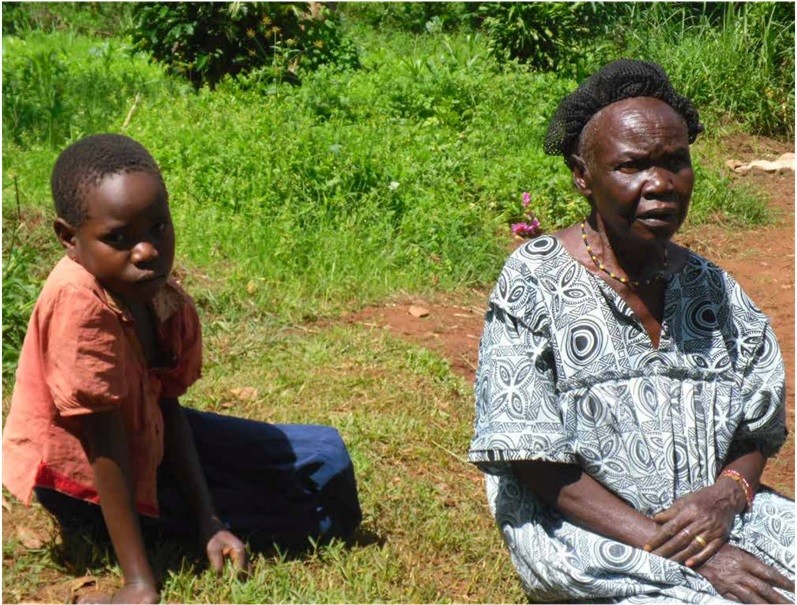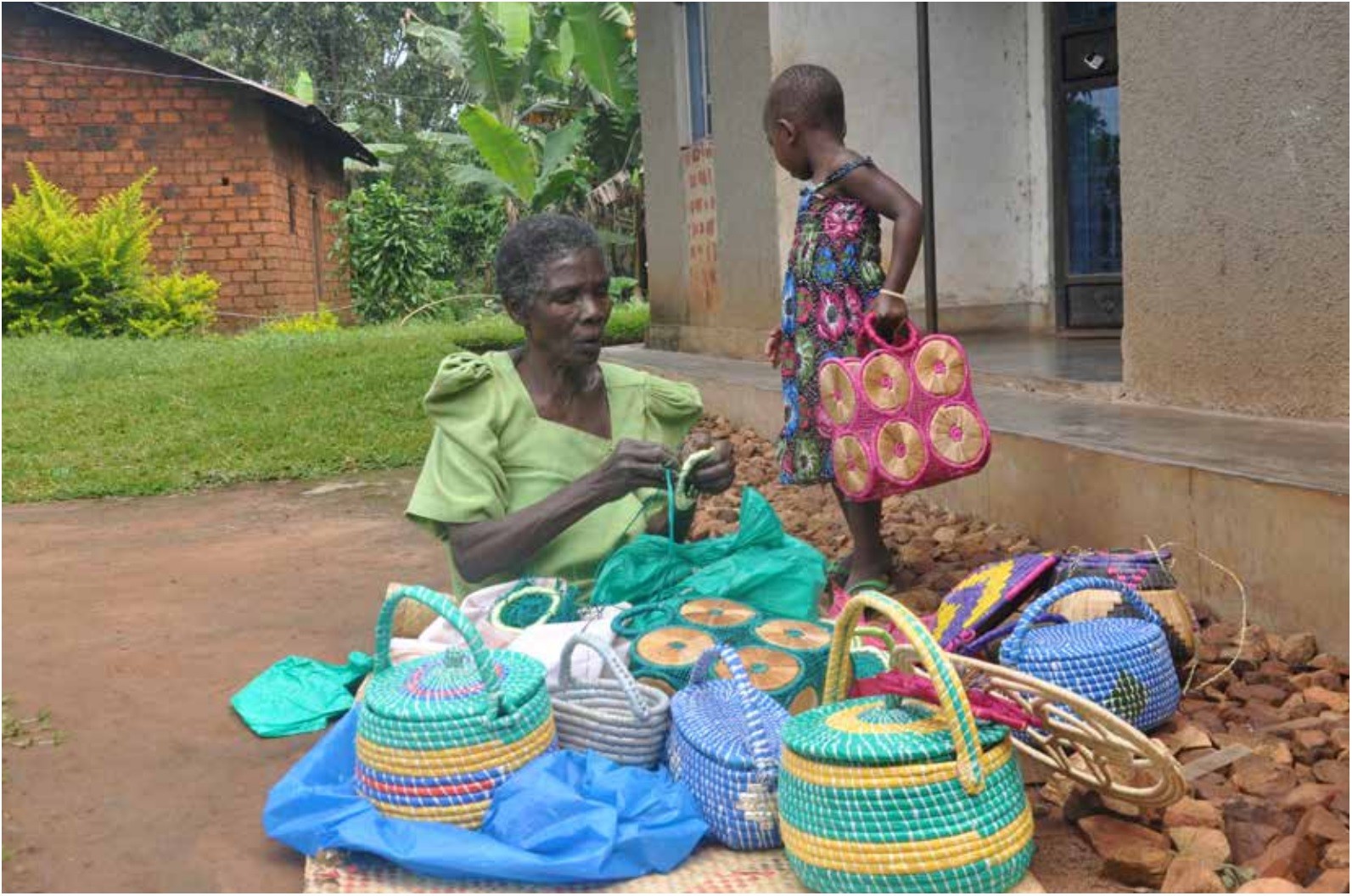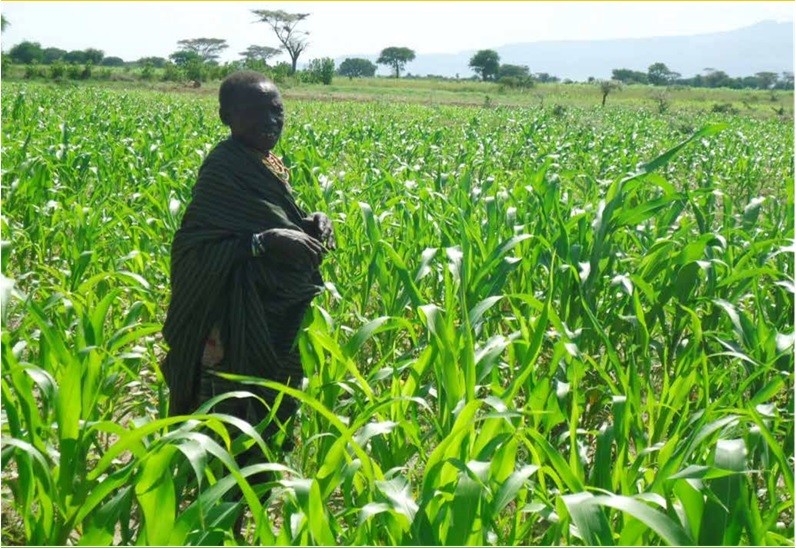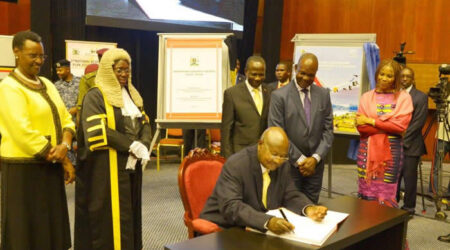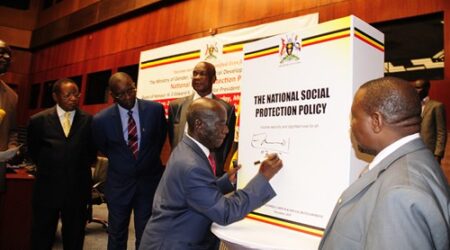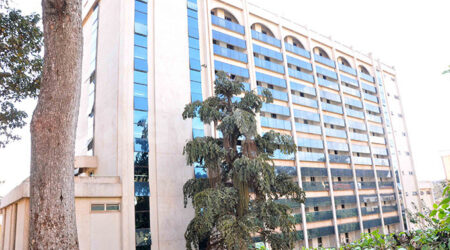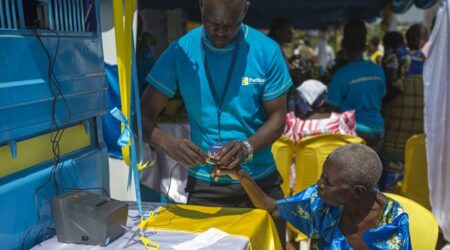Welcome to the Expanding Social Protection (ESP) Programme Management Unit (ESP-PMU) website.
In November 2018, Government of Uganda took a decision that starting FY 2019/20 the Senior Citizens Grants be rolled out from 61 districts it has hitherto covered, to all the 135 districts in the country. The decision is to start covering people who are 80 years and above, but gradually coming down and ultimately covering all older persons 65 (60 in Karamoja region) years and above within a few years, while at the same time keeping all the older persons already on the Programme (since 2010).
The ESP-PMU is the successor of the Social Protection Secretariat, under the Ministry of Gender, Labor & Social Development.
Between 2010-2015, the Government of Uganda, with support from DFID/UKAID, Irish Aid and UNICEF piloted the ESP Programme. The ESPI had two objectives; (i) Pilot the social grants through the Social Assistance Grants for Empowerment (SAGE) scheme, and (ii) Draw lessons from the pilot to develop the Uganda National Social Protection Policy, as a beginning point to build a social protection system for the country.
Following the successful completion of the pilot in 2015, the Government took a decision to roll out the Senior Citizens Grants to an additional 40 districts over 5 years; starting with 20 in Financial Year 2015/16, thereafter to 5 districts every year, till 2019/20. The National Social Protection Policy for Uganda was approved by Cabinet in November 2015 and launched in March 2016. The Policy provides a wider framework for social protection implementation in Uganda, beyond the social grants.
It is against this background that the Ministry of Gender, Labour & Social Development created the ESP-PMU as the coordination center for roll out of the National Social Protection Policy, but also to manage the roll out of the Senior Citizens Grants.
This website is therefore about social protection interventions in Uganda generally, but also on the roll out of the Senior Citizens Grants, specifically. It is about Uganda’s pursuit to establish a national social protection system, in line with the country’s National Social Protection Policy. It is also about implementation of the Senior Citizens Grant as a beginning block for building that social protection system.

